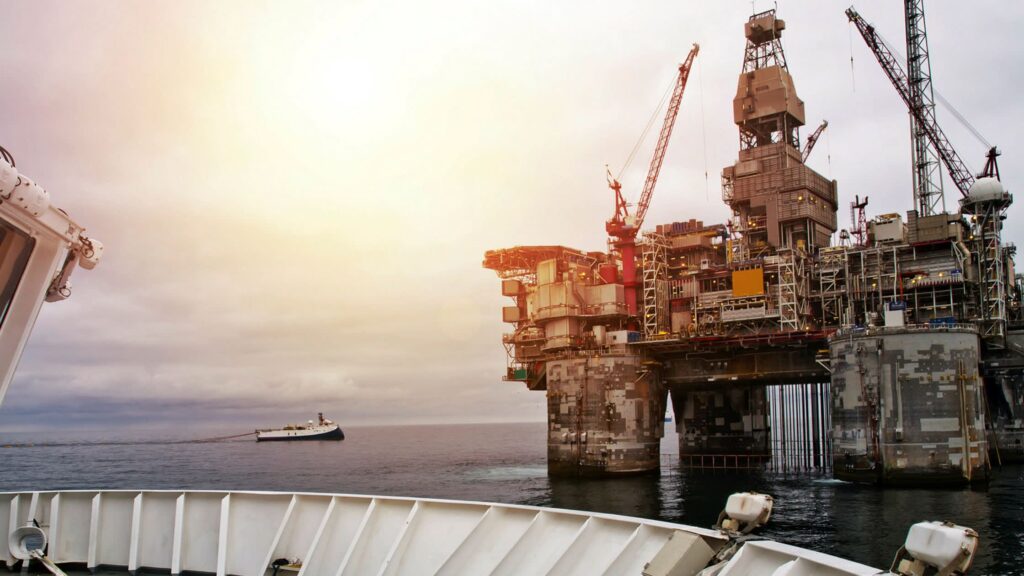UK warned future exploration of North Sea risks undermining climate credibility


Future oil and gas exploration in the North Sea risked undermining the credibility of the UK’s global leadership on climate change, the government’s environmental adviser has warned.
“We are very concerned about the signalling impact” of new North Sea exploration both domestically and internationally, Lord Deben, chair of the Climate Change Committee, said, adding that “an end to UK exploration would send a clear signal to the rest of the world that we really are serious about [limiting global warming to] 1.5C.”
His comments came as the CCC published the findings of its review of the government’s proposed climate compatibility test to ensure licences for proposed North Sea oil and gas developments were in line with the UK’s 2050 net zero carbon targets.
In a letter to business secretary Kwasi Kwarteng published on Thursday, the CCC said continued extraction from the North Sea basin “may weaken UK diplomacy to encourage other countries to adopt ambitious climate policies”.
The committee said it supported a tighter limit on domestic oil and gas production, stringent tests and “a presumption against exploration”. But the advisory group stopped short of endorsing or opposing further North Sea developments.
The government is under growing pressure from supporters and opponents of further North Sea production. Green campaigners have urged ministers to reject new fossil fuel developments and focus on renewables, pointing out more drilling would be at odds with the UK’s net zero target and its role as president of the COP climate talks.
But Boris Johnson, the UK prime minister, is being lobbied by some of his own MPs to step up North Sea production, to reduce the country’s reliance on imports. Russia’s restrictions on gas supplies have helped push global energy prices up to record levels while the crisis in Ukraine has also raised concerns about the UK’s energy security.
Last month, Kwarteng warned that “turning off North Sea oil and gas would put energy security, British jobs and new industries at risk — and we’d just end up importing more from abroad.”
The CCC’s review found the proposed compatibility test for future North Sea developments was “too narrow” and did not “provide appropriate grounds fully to assess the climate impacts of new UK developments”.
It called for an expanded regime beyond the early licensing stage to include subsequent assessment phases that all new developments must undergo.
Chris Stark, the CCC’s chief executive, said this would ensure a “much tougher test” and allow ministers to halt the development of a field on environmental grounds beyond the licensing stage.
He added he could not advise the government one way or the other on the impact of future North Sea developments on climate targets because it was impossible to predict “unequivocally what new UK production would do to global emissions”.
While domestically produced gas might be less emissions intensive than imports, increased domestic exploration also meant “inevitably growing the global market for fossil fuels”, he said.
The CCC said the UK’s net zero ambition could “still be met” if new North Sea fields were developed as long as emissions in other parts of the economy fell to compensate for the energy sector increase. But it stressed that investing in renewables was a better way to ensure long-term energy security and affordability.
Even if all the UK’s reserves were extracted, the new fields would only meet about 1 per cent of European gas demand each year in the period to 2050, the group estimated.
Domestic oil and gas production has been falling since it peaked about 20 years ago. According to the Oil and Gas Authority, the UK’s regulator, eight North Sea fields are expected to come on line this year.
A BEIS spokesperson said: “There will continue to be ongoing demand for oil and gas over the coming decades as we transition to cleaner and cheaper forms of energy generated in this country.”